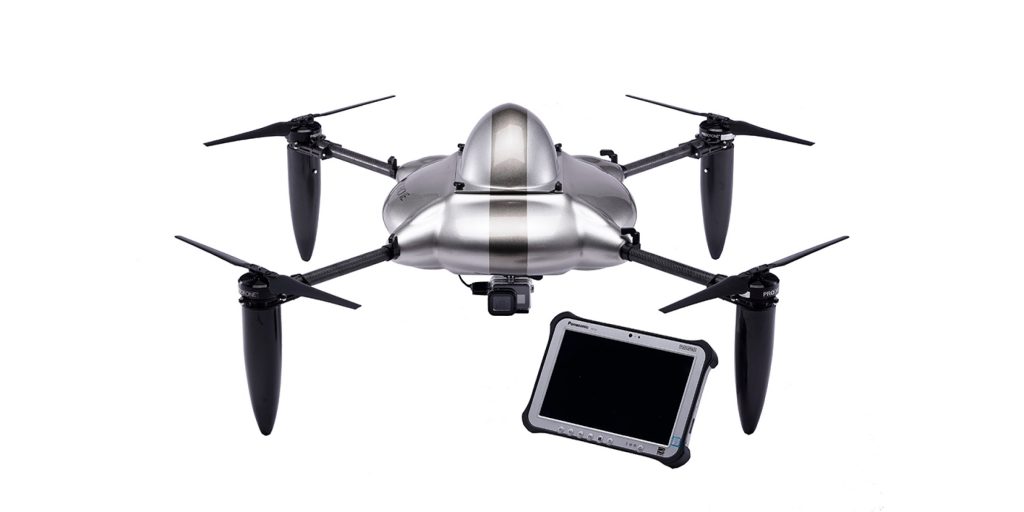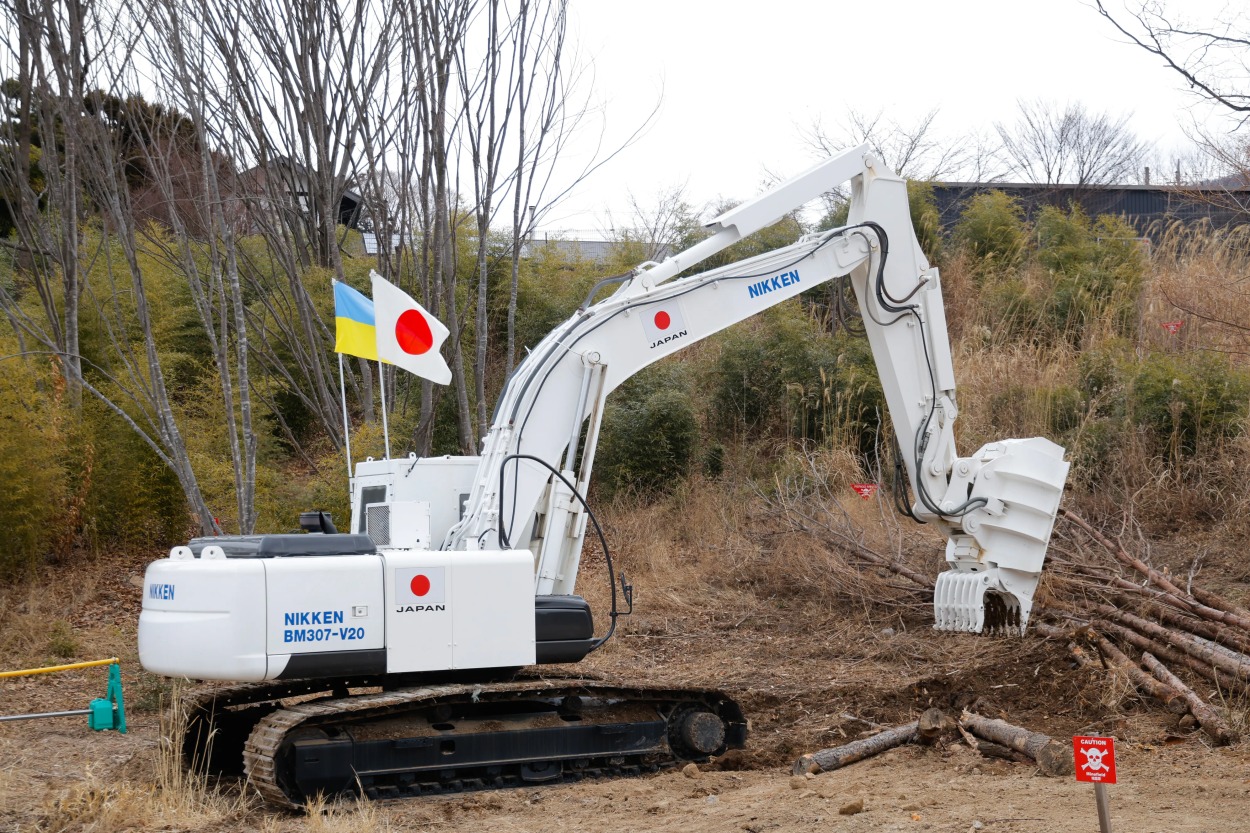A Japanese drone manufacturer, Prodrone, is reportedly planning to supply its products to Ukraine to detect land mines that have proliferated due to the ongoing conflict following Russia’s invasion.
As reported by Nikkei, the company hopes to commercialize this initiative by fiscal 2025. Nagoya-based Prodrone will collaborate with Padeco, a Tokyo-based development consulting firm, to bring this project to fruition.
The company’s strategy involves supplying specialized drones capable of flying just 50 cm above the ground. However, Prodrone will outsource the development of mine detection technologies to local Ukrainian firms.
Equipped with artificial intelligence, these drones will detect land mines and create an interactive map showing their locations. The company anticipates supplying the drones to Ukraine in 2025.
However, Prodrone’s entry into the Ukrainian market is not entirely new. In May this year, the World Bank commissioned the company to conduct drone inspections of Ukraine’s power grid and facilities operated by the state-owned power transmission company, UKRENERGO.

This previous engagement highlights Prodrone’s existing operational footprint in the country and its capability to deliver technology solutions effectively.
Based on the details available on the company’s website, it seems plausible that the Japan-based firm might consider offering the Prodrone Scan drone model, which is specifically designed for surveying various sectors.
The drone specifications include a weight of 20 kg, which accounts for both the LiDAR (Light Detection and Ranging) system and the batteries. The distance between the motors measures 1300 mm. When folded, the drone has a compact size of 800 mm x 800 mm. This likely makes it convenient for transport and storage.
In terms of performance, the drone’s flight duration is approximately 30 minutes, although this can vary depending on flight conditions and weather. It is designed to handle a maximum wind speed of 10 m/s.
The drone operates effectively within a temperature range of -10°C to 40°C. For communication, it employs a radio control method at 2.4 GHz, enhancing connectivity and control over distances.
The radio controller model used with the drone is the SIYZ MK32E, which provides intuitive handling and user-friendly features. The drone is powered by a battery capacity of 16,000 mAh, with an optional upgrade to 22,000 mAh for extended flight times.
23% Of The Country Infested With Landmines
The Ukrainian government estimates that roughly 23% of the nation’s territory may be contaminated with landmines and various explosive threats. This alarming situation places approximately six million residents in high-risk zones, with over 900 civilians already reported dead or injured as a result of landmine-related incidents.
Amid the ongoing conflict in Ukraine, the daunting task of mine clearance will remain a major challenge even if hostilities cease. Clearing these dangerous remnants of war is expected to require many years of dedicated effort.
In response to this pressing need, the Japanese government has been actively engaged in providing demining equipment and support for capacity building to the State Emergency Service of Ukraine (SESU) since Russia’s large-scale invasion in 2022.
In July, the Japan International Cooperation Agency (JICA) delivered four advanced mechanized demining machines to Ukraine. This transfer was part of a substantial ¥91 billion ($563 million) grant intended to aid in the country’s reconstruction efforts.
The machines produced by Nikken, a notable Japanese construction equipment manufacturer, are groundbreaking in their design. Not only are they capable of mine detection, but they can also be utilized for tasks such as debris removal and tree trimming by simply changing the arm’s attachment.

Around 20 such units are expected to be supplied by the end of this year to enhance Ukraine’s demining capabilities. In addition to the machinery, Japan provided Ukraine with 50 cutting-edge compact landmine detectors in 2023.
Developed by Professor Emeritus Motoyuki Sato of Tohoku University, these detectors, known as ALIS, integrate metal detection technology with Ground Penetrating Radar (GPR).
This advanced system allows operators to visualize the location of buried landmines on a tablet screen, enabling accurate detection without the need for digging.
To further support these efforts, JICA has organized multiple training sessions for Ukrainian personnel. Through these sessions, 50 Ukrainian staff members have gained the skills necessary to effectively use and maintain both the mine detectors and demining machinery.
In August, JICA placed an order for humanitarian demining equipment from local Ukrainian manufacturers to be provided to the State Emergency Service of Ukraine, further committing to long-term collaboration.
- Contact the author at ashishmichel(at)gmail.com
- Follow EurAsian Times on Google News




